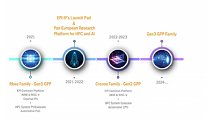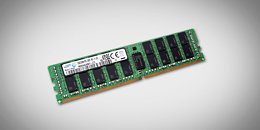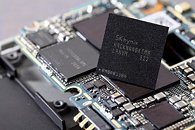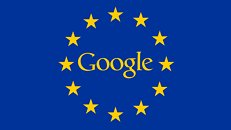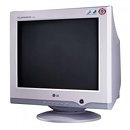
Atos Launches First Supercomputer Equipped with NVIDIA A100 Tensor Core GPU
Atos, a global leader in digital transformation, today announces its new BullSequana X2415, the first supercomputer in Europe to integrate NVIDIA's Ampere next-generation graphics processing unit architecture, the NVIDIA A100 Tensor Core GPU. This new supercomputer blade will deliver unprecedented computing power to boost application performance for HPC and AI workloads, tackling the challenges of the exascale era. The BullSequana X2415 blade will increase computing power by more than 2x and optimize energy consumption thanks to Atos' 100% highly efficient water-cooled patented DLC (Direct Liquid Cooling) solution, which uses warm water to cool the machine.
Forschungszentrum Jülich will integrate this new blade into its booster module, extending its existing JUWELS BullSequana supercomputer, making it the first system worldwide the use this new technology. The JUWELS Booster will provide researchers across Europe with significantly increased computational resources. Some of the projects it will fuel are the European Commission's Human Brain Project and the Jülich Laboratories of "Climate Science" and "Molecular Systems". Once fully deployed this summer the upgraded supercomputing system, operated under ParTec's software ParaStation Modulo, is expected to provide a computational peak performance of more than 70 Petaflops/s making it the most powerful supercomputer in Europe and a showcase for European exascale architecture.
Forschungszentrum Jülich will integrate this new blade into its booster module, extending its existing JUWELS BullSequana supercomputer, making it the first system worldwide the use this new technology. The JUWELS Booster will provide researchers across Europe with significantly increased computational resources. Some of the projects it will fuel are the European Commission's Human Brain Project and the Jülich Laboratories of "Climate Science" and "Molecular Systems". Once fully deployed this summer the upgraded supercomputing system, operated under ParTec's software ParaStation Modulo, is expected to provide a computational peak performance of more than 70 Petaflops/s making it the most powerful supercomputer in Europe and a showcase for European exascale architecture.

